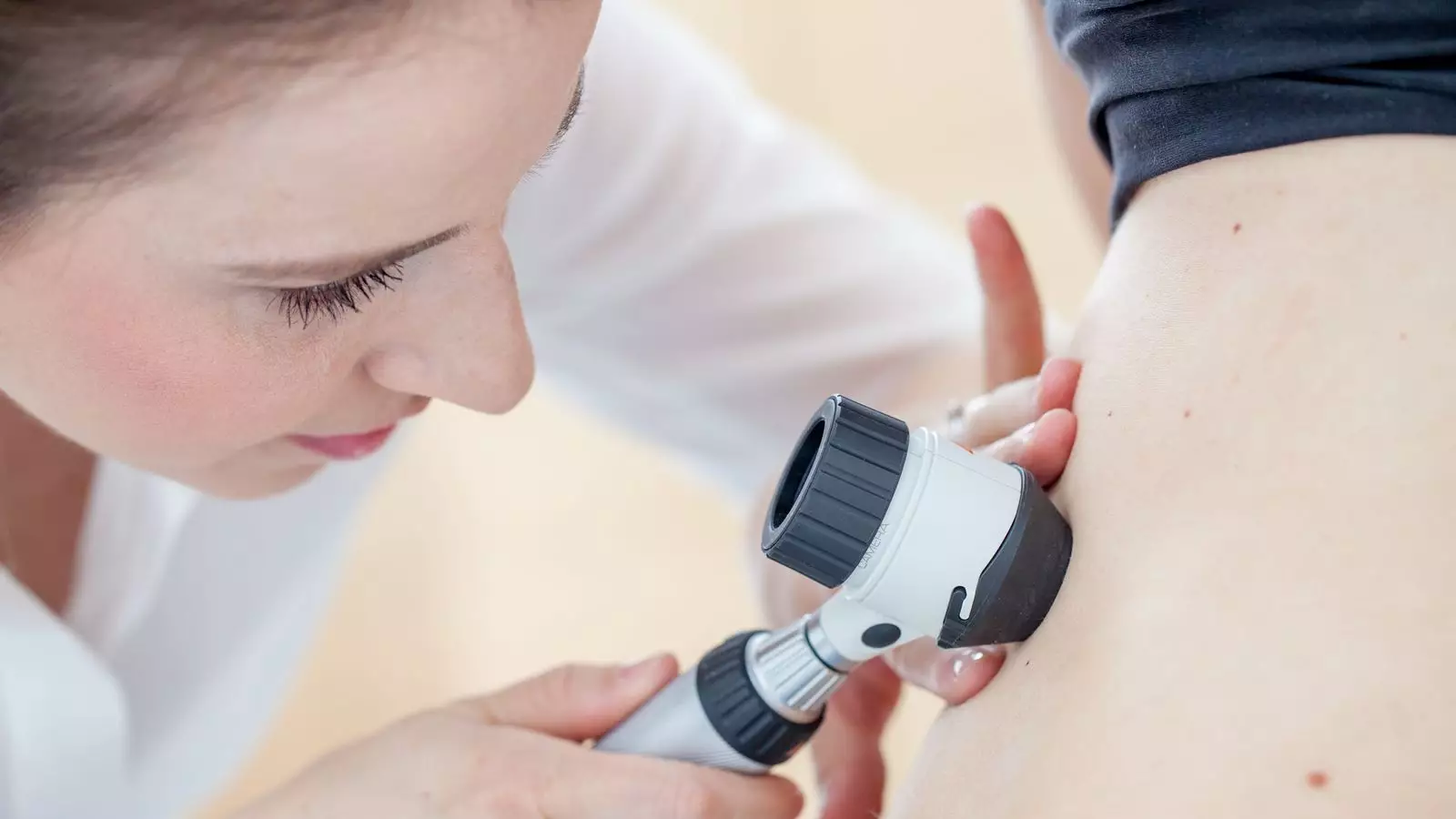The number of melanoma skin cancer cases in the UK has reached a record high, with 20,800 individuals expected to receive a diagnosis this year. According to Cancer Research UK, rates of melanoma have surged by nearly a third over the past ten years, climbing from 21 to 28 cases per 100,000 people between the periods of 2007-2009 and 2017-2019. Notably, this upward trend in cases can be observed across all age groups, with the most significant rise occurring in adults over the age of 80 experiencing a whopping 57% increase over the past decade. Even individuals aged 25 to 49 have seen a 7% increase in melanoma cases.
The Role of Ultraviolet Radiation in Melanoma
An analysis conducted by Cancer Research UK revealed that around 17,000 cases of melanoma every year are preventable, with almost 90% of cases caused by excessive exposure to ultraviolet (UV) radiation. Whether from the sun or sunbeds, UV radiation can harm the DNA in skin cells, leading to the development of skin cancer. To minimize the risk of melanoma, the charity recommends seeking shade, especially between 11am and 3pm, wearing protective clothing, a wide-brimmed hat, UV-protection sunglasses, and applying sunscreen with at least SPF 30 and 4 or 5 stars regularly.
Caroline Jones, a postmistress from Shrewsbury, shared her story of being diagnosed with skin cancer after noticing a small blemish above her knee. Despite being vigilant about her health due to her mother’s history of cancer, Jones was taken aback when she saw the mole-like spot on her leg. After a biopsy confirmed the presence of cancerous cells, Jones underwent mole removal without requiring further treatment. Her experience underscores the importance of being proactive about skin health and seeking medical attention when worrisome changes are observed.
Promoting Early Detection and Prevention
Michelle Mitchell, the chief executive of Cancer Research UK, emphasized the significance of reducing the risk of melanoma through sun protection and early detection. Survival rates for individuals with melanoma have been improving, reflecting the advancements in research and treatment modalities. Mitchell urged individuals to pay attention to any unusual changes in their skin, such as new or evolving moles, non-healing sores, or abnormal skin areas. Detecting skin cancer early can result in better outcomes for patients.
In promising developments, experts have introduced the world’s first personalized mRNA cancer vaccine targeted at melanoma. This groundbreaking vaccine, tailored to each recipient within a few weeks, has the potential to not only combat melanoma but also address lung, bladder, and kidney cancers. Preliminary trials have shown a significant reduction in the risk of cancer recurrence among melanoma patients. Currently, a phase-3 trial led by the University College London Hospitals NHS Foundation Trust is underway to assess the vaccine’s efficacy further.
With the prevalence of melanoma on the rise in the UK, it is imperative for individuals to prioritize skin protection and regular skin checks to detect any concerning changes early. By raising awareness about the risk factors associated with melanoma and embracing innovative treatment approaches, we can work towards reducing the incidence and impact of this potentially life-threatening condition.



Leave a Reply